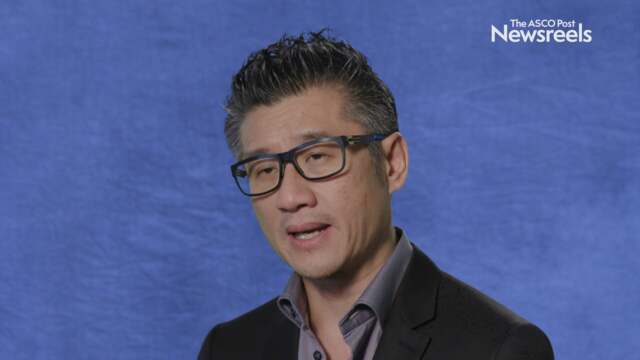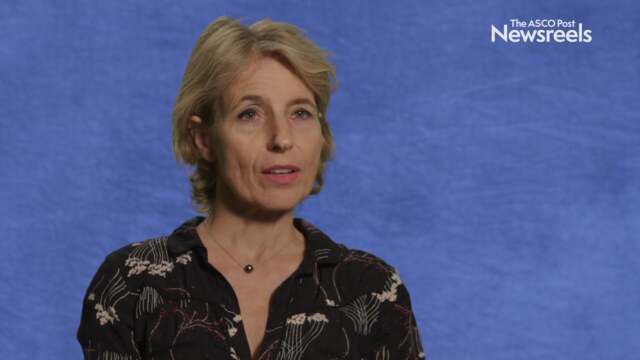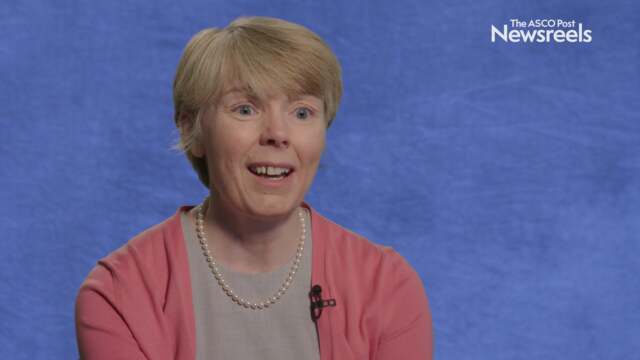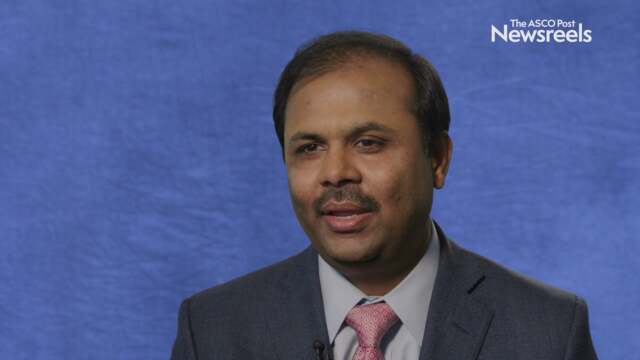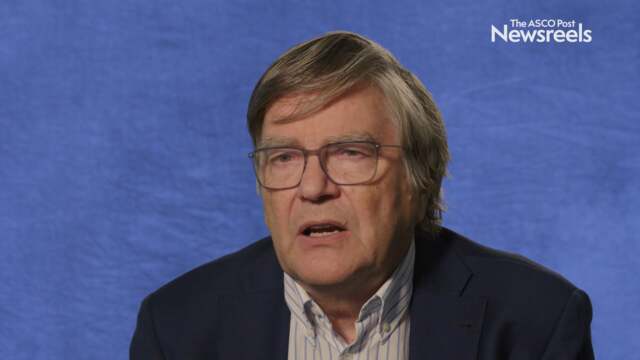Cora N. Sternberg, MD, on Renal and Bladder Cancers: Focus on Immunotherapy
ESMO 2018 Congress
Cora N. Sternberg, MD, of San Camillo-Forlanini Hospital and the Israel Englander Institute of Precision Medicine at Weill Cornell, discusses results from the phase III CheckMate-025 study on nivolumab vs everolimus for mRCC; the CheckMate-214 study on nivolumab, ipilimumab, and sunitinib for treatment-naive advanced or metastatic clear-cell RCC; and immunotherapy for urothelial cancer for both first- line cisplatin-ineligible and second-line therapy after cisplatin chemotherapy.
Tony Mok, MD, of the Chinese University of Hong Kong, discusses two important studies in non–small cell lung cancer: FLAURA, which looked at the first-line activity of osimertinib and the mechanisms of resistance; and ALESIA, which examined crizotinib dosing.
Caroline Robert, MD, PhD, of Gustave Roussy Cancer Centre, discusses two high-impact studies in stage III melanoma treatment: an update of the COMBI-AD trial examining dabrafenib and trametinib; and neoadjuvant ipilimumab and nivolumab therapy.
Eileen M. O’Reilly, MD, of Memorial Sloan Kettering Cancer Center, discusses the latest information on locoregional and systemic treatments of hepatocellular carcinoma as well as targeted therapy for biliary cancer.
Suresh S. Ramalingam, MD, of the Emory University School of Medicine, summarizes the top-line lung cancer results reported at this year’s ESMO Congress, including the role of targeted treatment for early stage NSCLC, combining immunotherapy for surgically resectable disease, and immunotherapy for small–cell lung cancer as well as unresectable NSCLC.
Matti S. Aapro, MD, of the Genolier Cancer Centre, discusses the challenges of avoiding futile treatments and the need to work with patients, integrate palliative care, and monitor toxicities.
